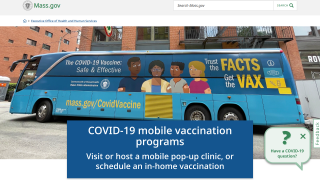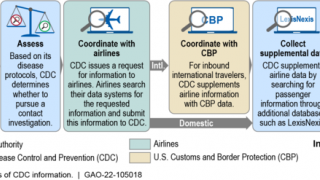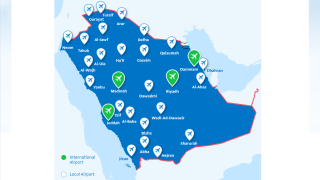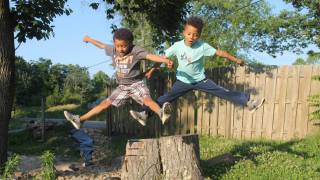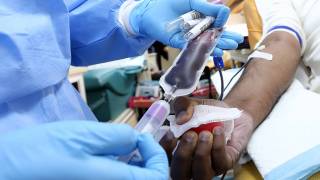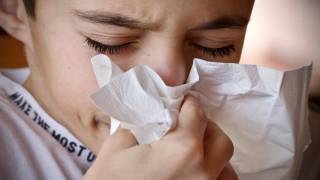Coronavirus Infected Animals Can Facilitate New Variants
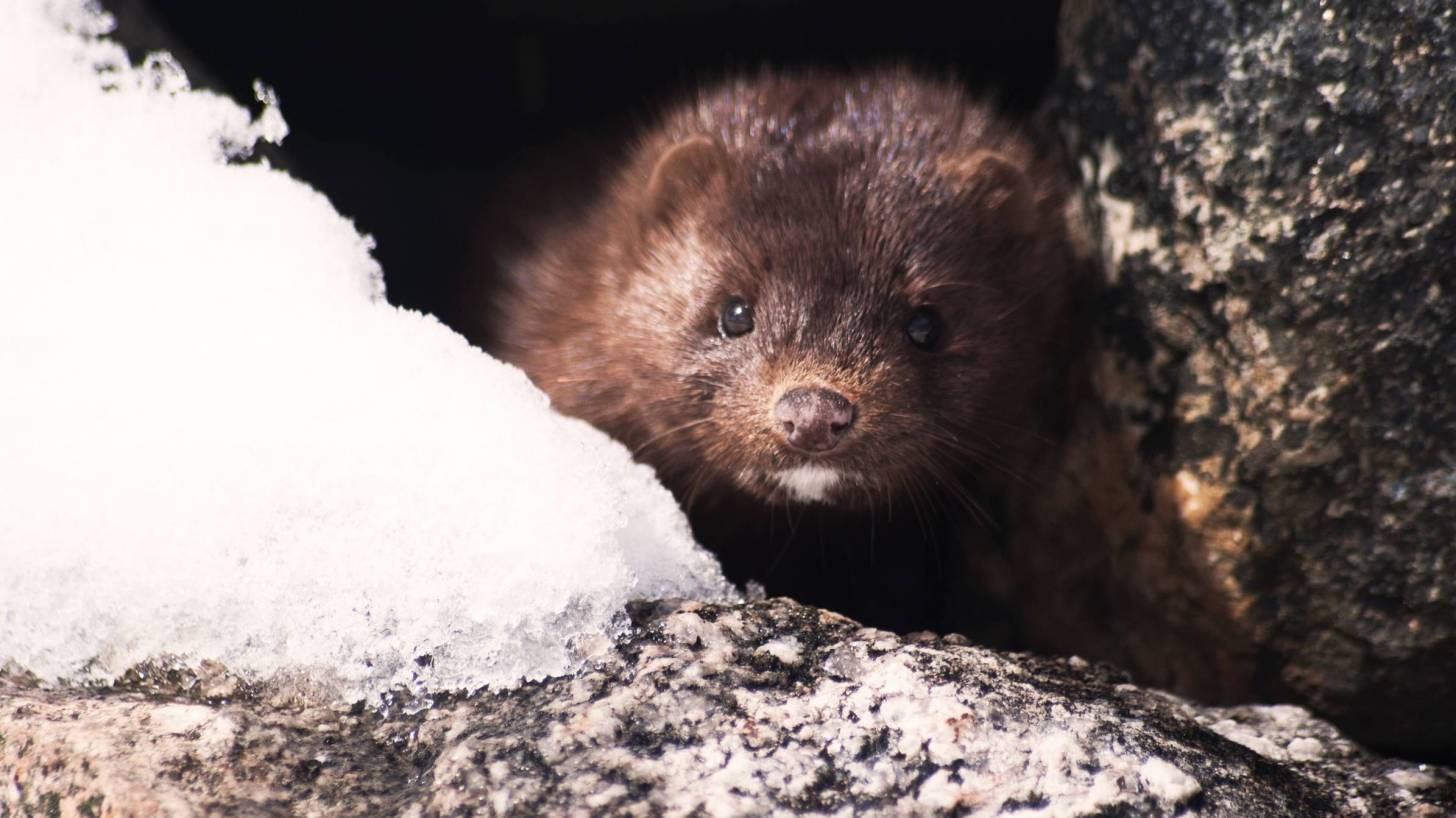
The Food and Agriculture Organization (FAO), World Organization for Animal Health (OIE), and World Health Organization (WHO) issued a joint statement on March 7, 2022, stating, ‘As we enter the third year of the pandemic, SARS-CoV-2, the virus that causes COVID-19, is spreading between people globally.’
Excerpts from this statement are inserted below:
‘There are many factors that are driving virus transmission. One of these is the emergence of highly transmissible variants of concern, the latest being Omicron.
Although the COVID-19 pandemic is driven by human-to-human transmission, the SARS-CoV-2 virus is also known to infect animal species.
Current knowledge indicates that wildlife does not play a significant role in the spread of SARS-CoV-2 in humans, but spread in animal populations can affect the health of these populations and may facilitate the emergence of new virus variants.
In addition to domestic animals, free-ranging, captive, or farmed wild animals such as big cats, minks, ferrets, North American white-tailed deer, and great apes have thus far been observed to be infected with SARS-CoV-2.
To date, farmed mink and pet hamsters can infect humans with the SARS-CoV-2 virus, and a potential case of transmission between white-tailed deer and a human is currently under review.
The introduction of SARS-CoV-2 to wildlife could result in the establishment of animal reservoirs.
For example, it has been reported that approximately one-third of wild white-tailed deer in the U.S. have been infected with SARS-CoV-2, initially via several human-to-deer transmission events.
The SARS-CoV-2 lineages detected in white-tailed deer have also circulated close-by human populations. In addition, white-tailed deer have been shown to shed virus and transmit it between each other.
The FAO, OIE, and WHO call on all countries to reduce the risk of SARS-CoV-2 transmission between humans and wildlife, reduce the risk of variant emergence, and protect humans and wildlife.
We urge authorities to adopt relevant regulations and disseminate previously released recommendations by FAO, OIE, and WHO to (1) people working in close contact with or handling wildlife, including hunters and butchers; and (2) the public, concluded this statement.
Additional zoonotic influenza news, such as swine and bird flu, is published by Precision Vaccinations.
CoronavriusToday publishes research-based news.
Note: This news article edited the press statement for clarity and style for a mobile reader.
Our Trust Standards: Medical Advisory Committee

